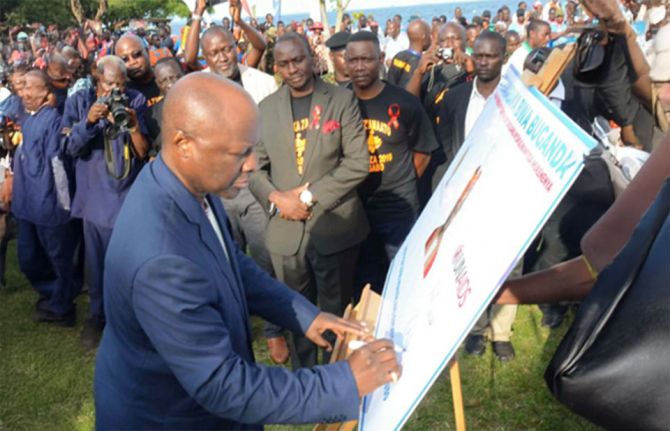
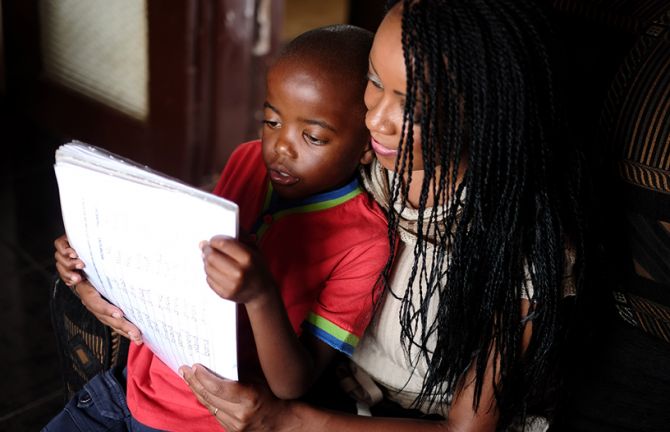
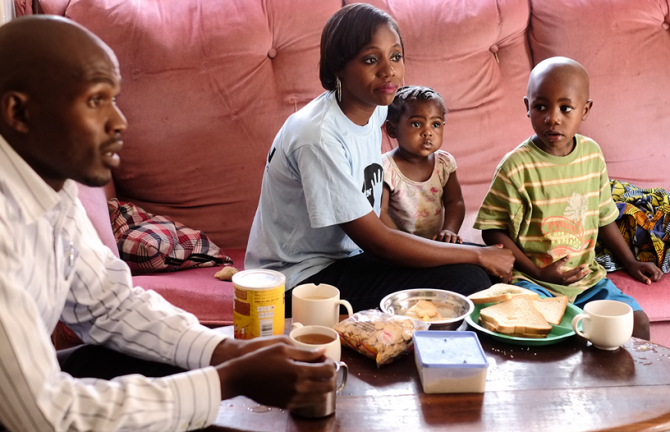
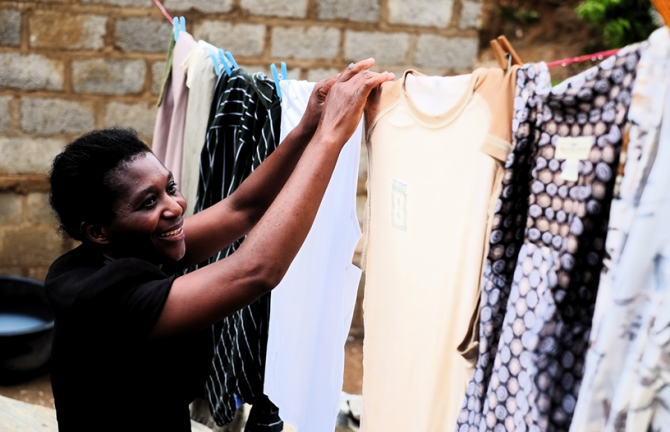
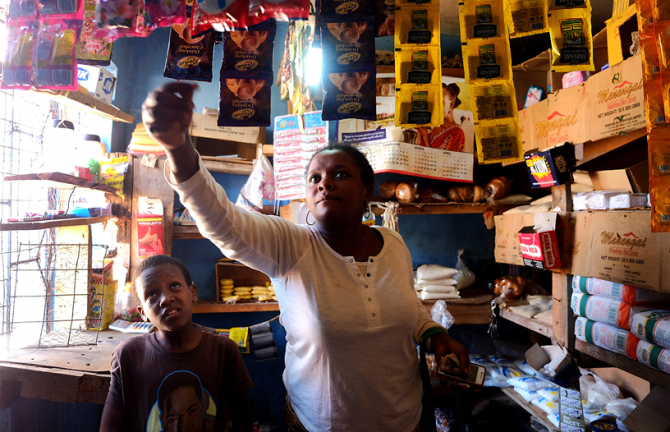
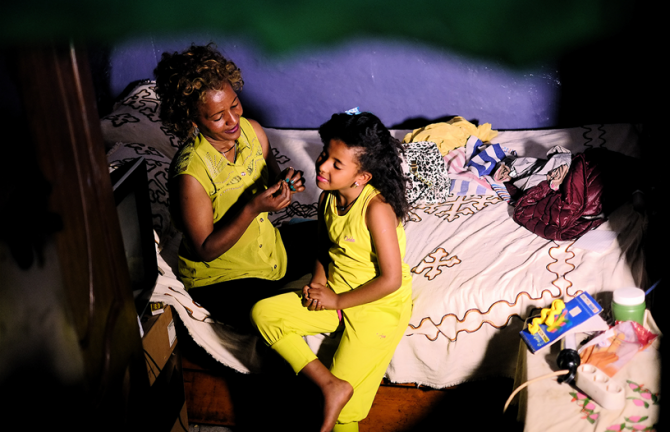
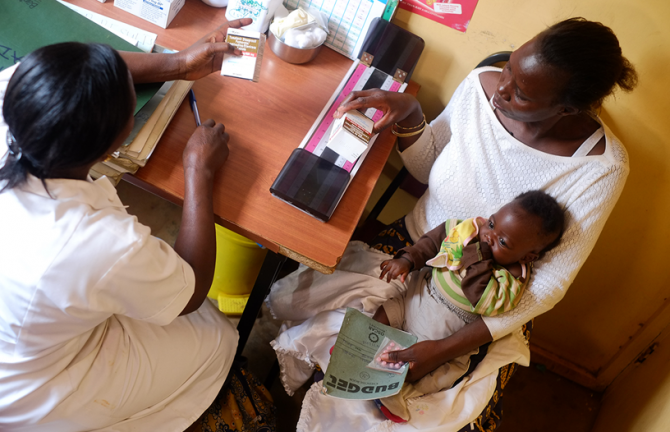
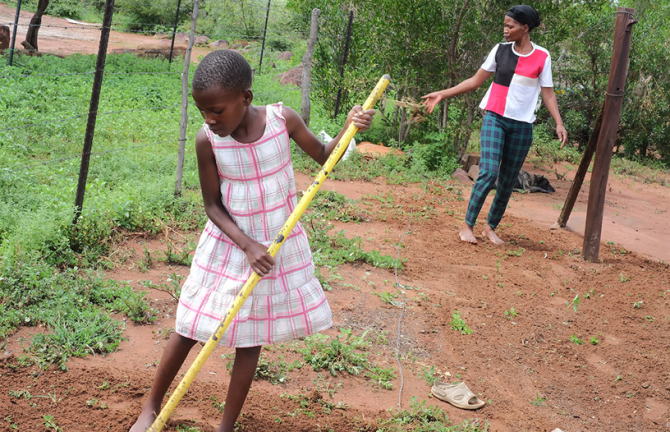
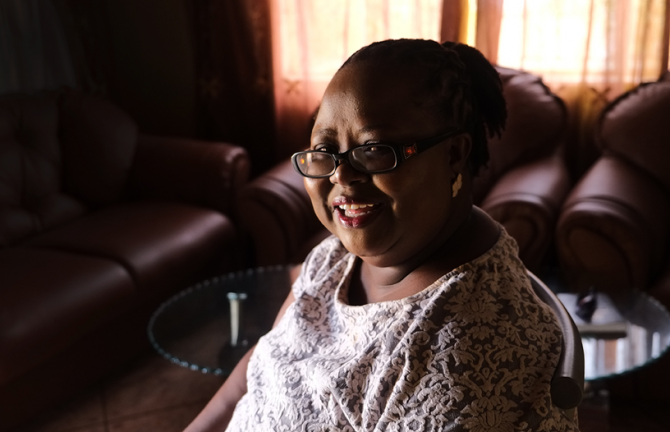
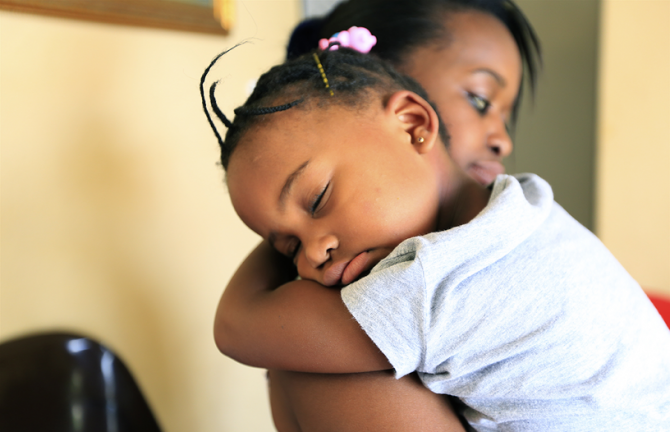
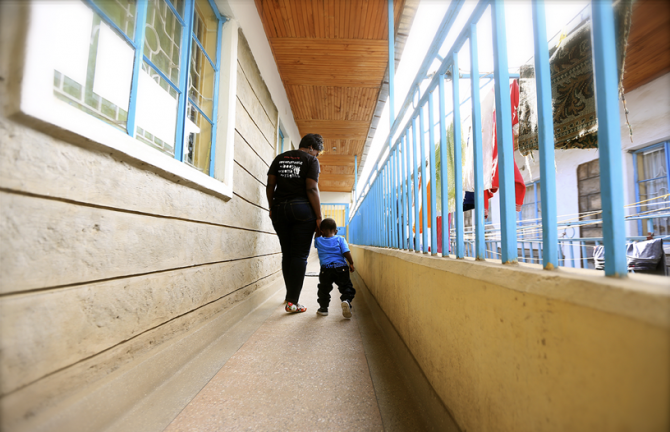
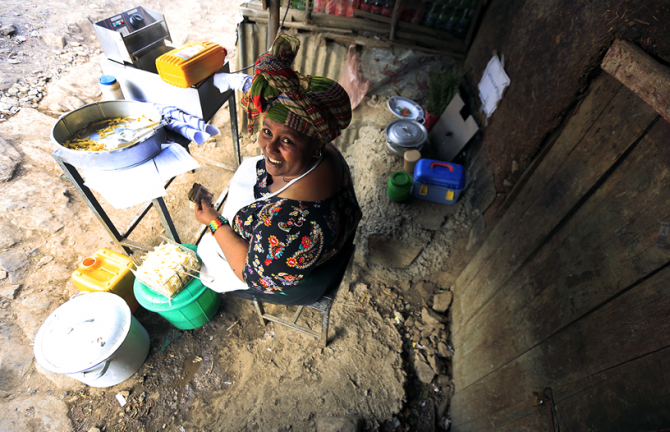
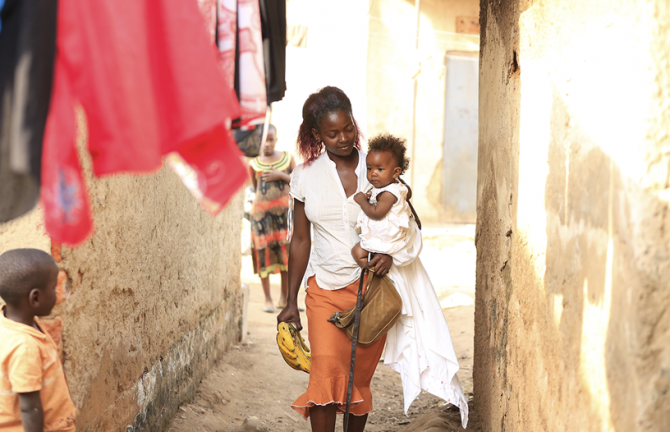
Update
Faces of an AIDS-free generation in eastern and southern Africa
14 August 2015
14 August 2015 14 August 2015A new book that tells the inspiring stories of 12 mothers living with HIV and their children born free of the virus has been launched at a community event near Polokwane in Limpopo province, South Africa, on the occasion of National Women’s Day (August 9). The book, Faces of an AIDS Free Generation in eastern and southern Africa, aims to promote the further uptake of mother-to-child transmission (PMTCT) services to help prevent the transmission of HIV to children during pregnancy and early motherhood.
In recent years, there has been a rapid scale-up of PMTCT services in the region that has produced significant results. By the end of 2014, an estimated 88% of pregnant women living with HIV in eastern and southern Africa were accessing services to stop them transmitting the virus to their children. This has resulted in a 60% decline in the number of HIV infections among children between 2009 and 2014, from 230 000 to 93 000.
Despite this progress, there is still work to be done to achieve the targets of the Global Plan towards the elimination of new HIV infections among children by 2015 and keeping their mothers alive. High levels of gender inequality, including gender-based violence and stigma, continue to make it difficult for many women to access sexual and reproductive health care services.
The book highlights the urgent need to further expand PMTCT services to make pregnancy and breastfeeding safer for women living with HIV, as more than 90% of new HIV infections among children occur when women are inadequately supported during pregnancy and early motherhood.
It also stresses the need for the rapid scale-up of paediatric testing and treatment to prevent AIDS-related deaths among children. Without knowing the HIV status of a child it is impossible for them to receive life-saving treatment. Just 38% of children living with HIV in eastern and southern Africa had access to antiretroviral medicines in 2014. Without treatment, half of all children born with HIV will die by the age of two and the majority will die by the age of five.
Faces of an AIDS Free Generation in eastern and southern Africa is published with the support of the Swedish International Development Cooperation (Sida) and the Norwegian Agency for Development Cooperation (Norad).
Quotes
“We hope to ignite a movement that seeks to re-commit our continent to reduce the HIV epidemic among our women and girls. Empowering women is critical to ending the AIDS epidemic, and I am encouraged and thrilled by the energy, solidarity, courage, and conviction that we have seen here in Polokwane.”
“By launching this book in Polokwane, UNAIDS is showing that leadership at community level is central to ending the AIDS epidemic.”
“There is no single day that goes by without me motivating someone. I have committed my life to stay positive and using my experience to motivate others. I want to pose one question to all of you – what legacy will you leave when you are no longer alive?”

